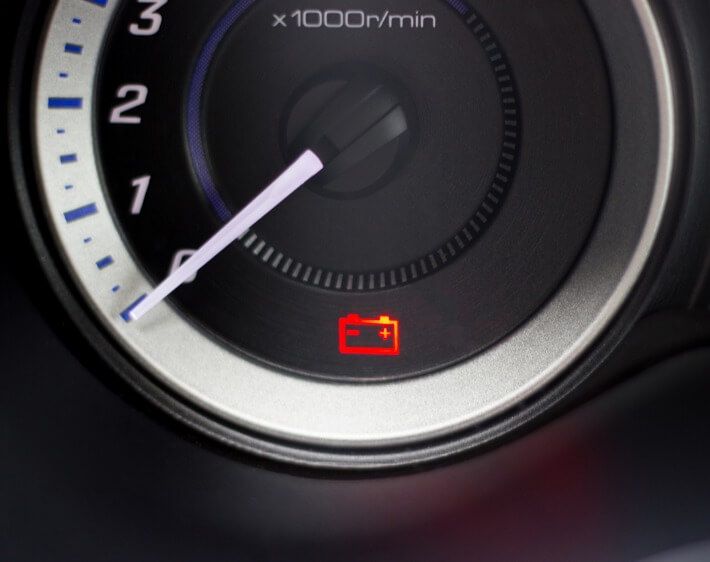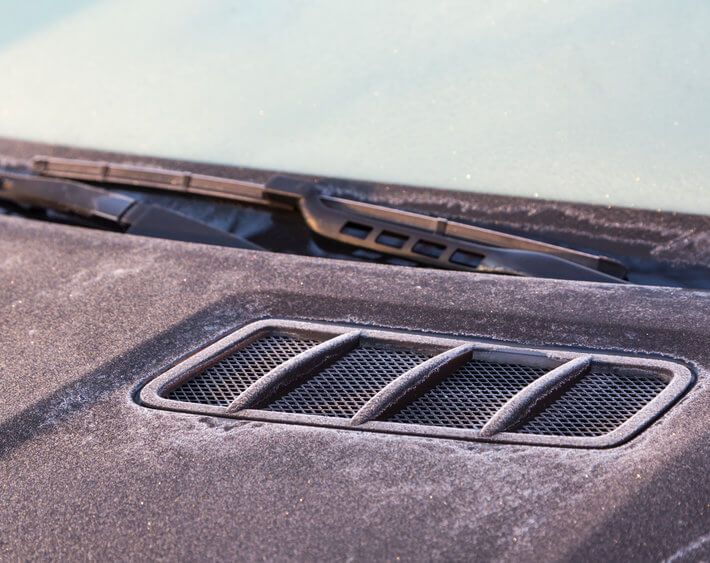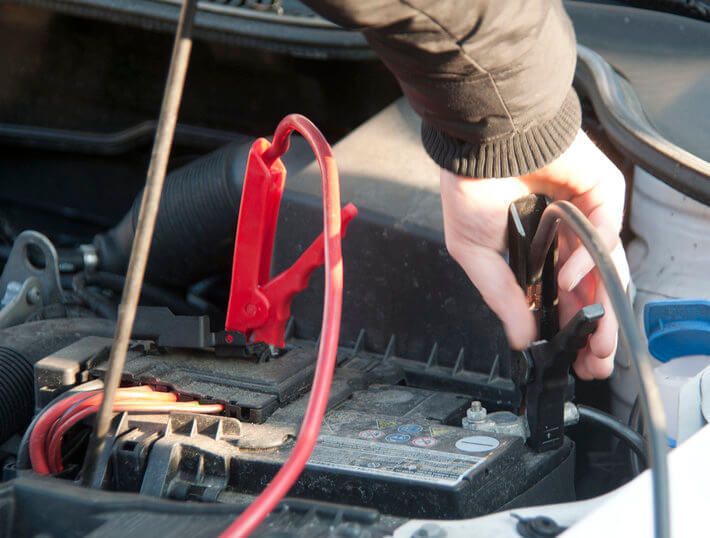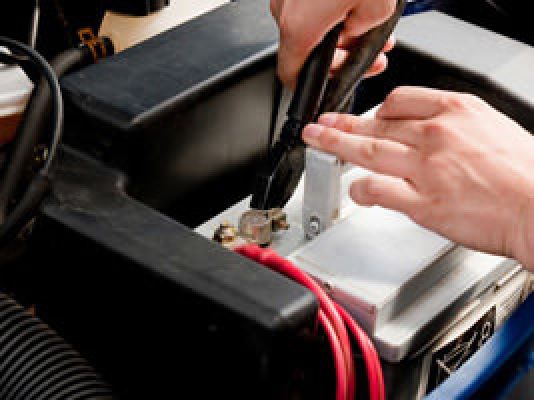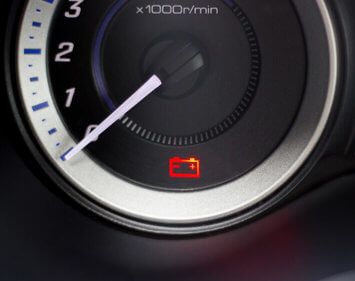
My car battery keeps dying! What's draining it?
Certain types of driving conditions can be especially hard on a car battery. These conditions cause your battery to work overtime and shorten its overall lifespan. If any of this sounds familiar, you might want to pay closer attention to how your battery is performing.
Charging an Overload of Devices
Are you someone who practically "lives in their car?" If you find yourself charging multiple electronic devices in your vehicle, proceed with caution. You could be zapping your battery's energy. TIME writes that "if your car battery is old and only holds a 2% resting charge...your phone could easily kill your car. What's more likely [though] is that charging your tablet or laptop would drain your car battery first, since they have high-capacity batteries, and would draw a higher percentage of your car battery's reserved charge."
Extreme Temperatures
In the heat of summer, batteries literally get the life sucked out of them. When it’s 90 degrees outside, it can get up to 140 degrees under the hood. High temperatures can cause battery fluid to evaporate, increase the pace of corrosion, and cause your battery to charge at a higher rate than normal. All of this can significantly shorten your battery life. By the time winter comes around, your heat abused battery may already be on it’s last leg. The cold weather might just be the final nail in the coffin.
Driving Shorter Distances
If you are the type of driver that tends to make lots of short trips, your battery is doing extra work. Starting your engine over and over wears out your battery and shortens its lifespan. According to Driving Test Tips, it takes about 8 hours of continuous driving for the alternator to fully charge a modern car battery. A battery that's frequently fully-charged tends to last longer than a battery that's constantly semi-charged. Now, we're not suggesting that you take a tri-state road trip, just that you consider your driving habits and how they could limit or extend the life of your car battery.
Key Warning Signs of a Bad Battery
Cars may be created equal, but they don't stay that way. Your car invariably has some quirks about it (doesn't every car?) but these quirks could be serious signs that your battery is waving goodbye.
1. You've already jumped your battery...like a lot.
If you've had to jump your battery more than a few times within the past week or month (no matter the reason) it's a good idea to replace your battery. Even a fresh battery can flake out on you after being shocked back to life a few too many times.
2. Something smells like stinky eggs, and it's not your lunch.
Is an odor à la rotten eggs wafting out from under your hood? Your battery could be damaged and venting gas. Have it checked out as soon as possible because sulfuric acid could be leaking out and gnawing at other unsuspecting engine parts.
3. The engine cranks, but won't turn over, or only starts after multiple attempts.
This could be due to a faulty starter, but it's more likely due to a battery that's losing its juice. Here's how to figure it out: first, jump your car to get it started again. Once it's running, remove the jumper cables and let your engine run for about 30 minutes so the alternator can charge the battery again. Now drive home and do a little test. Turn the engine off, wait a minute, and turn the car on again. Do this two or three times to make sure you won't end up stranded on your next run to the grocery store. If your car continues to start, the issue is likely a weak battery and not a faulty starter.
4. Your check engine light is flashing or won't go off.
There are a number of reasons your check engine light may be on, like a faulty oxygen or air flow sensor, worn spark plug, damaged catalytic converter, or a loose gas cap. A weak battery could also be the culprit, but for a different reason than you may think. When a battery is faulty or undercharged, it won't be able to send the right amount of energy to your vehicle's computer. This may cause the check engine light to flip on. If you drive a newer model car, you may also have a handy battery warning light on your dashboard.
5. Your battery looks misshapen, swollen, and plump.
Does your battery look like it ate way too much over Thanksgiving? An excessive amount of cold or heat could have caused a chemical reaction within the battery, leading to a swollen battery case. The swelling in a battery can't be reversed, so a battery replacement will be necessary.
Nothing lasts forever, including your car battery. If all signs, or even just a few, are pointing towards battery failure, don't wait until you're stranded to replace your battery. Stop by your local Firestone Complete Auto Care for a free battery check today! And if you're in the market for a new battery, compare car batteries online and check out our special online pricing.
